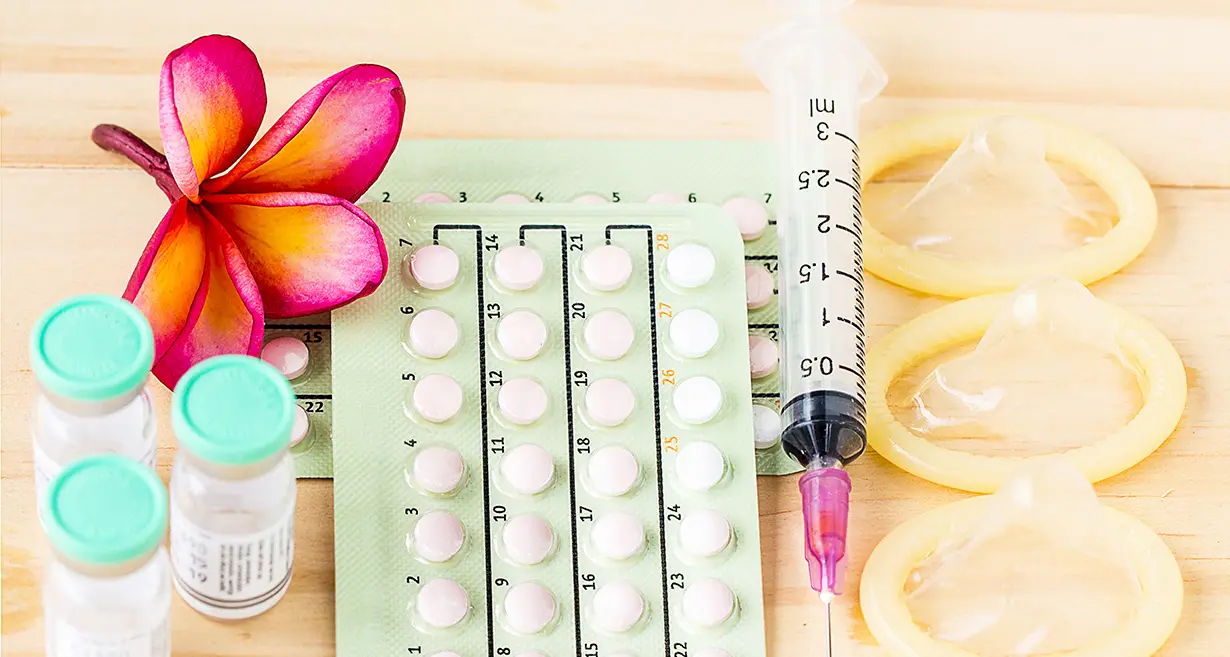
During pregnancy, a frequent diagnostic tool for monitoring women’s health is the blood test for human chorionic gonadotropin (hCG). It aids in establishing whether a woman is pregnant, evaluating the state of the pregnancy, and keeping tabs on the fetus’s wellbeing. We will examine the rationale behind the hCG blood test during pregnancy, go over typical hCG levels, and go over the testing process in detail in this in-depth blog post.
In this Article
What is hCG (Human Chorionic Gonadotropin)?
The placenta secretes a hormone called human chorionic gonadotropin (hCG), during the pregnancy. It is essential for sustaining and advancing pregnancy. After implantation in the uterus, the growing embryo first releases hCG.
Its levels quickly rise in the first trimester of pregnancy, peaking between the eighth and eleventh week, and then progressively decrease. Progesterone is necessary for maintaining the uterine lining and sustaining the developing fetus, and hCG is what stimulates its synthesis. For the purpose of verifying and tracking the development of a pregnancy, the presence of hCG in the blood or urine serves as an accurate marker.
Why Is A Blood Test For hCG Performed During Pregnancy?
Confirmation of Pregnancy: The main goal of an hCG blood test is to determine whether a woman is pregnant. The placenta releases the hormone hCG when the fertilized egg implants in the uterus. A useful pregnancy sign is the presence of hCG in the blood, particularly in the early stages when other symptoms might not be obvious.
Assessment of Pregnancy Viability: The hCG blood test is frequently used to determine whether a pregnancy is viable. Doctors can track the rise in hCG levels and make sure it follows a normal trend by taking measurements over time. hCG levels normally double every 48 to 72 hours in a healthy pregnancy.
Detection of Ectopic Pregnancy: Ectopic pregnancy is identified when the fertilized egg implants outside of the uterus, most frequently in the fallopian tube. This disorder needs quick medical attention since it might be harmful. A possible ectopic pregnancy may be indicated by abnormal hCG levels, necessitating additional research and treatment.
Gestational Age Estimation: The hCG blood test, in conjunction with other exams like an ultrasound, aids in determining the fetus’ gestational age. HCG levels grow quickly in the first trimester of a pregnancy before gradually stabilizing. Healthcare professionals can determine the due date and monitor the development of the pregnancy by measuring hCG levels and comparing them to the gestational age.
Normal Levels Of hCG In Pregnancy
Depending on variables including gestational age and individual variances, the typical range of hCG levels might vary greatly. However, the following general recommendations:
- 4 weeks of gestation: 5 to 426 mIU/mL
- 5 weeks of gestation: 18 to 7,340 mIU/mL
- 6 weeks of gestation: 1,080 to 56,500 mIU/mL
- 7 to 8 weeks of gestation: 7,650 to 229,000 mIU/mL
- 9 to 12 weeks of gestation: 25,700 to 288,000 mIU/mL
It’s crucial to keep in mind that these are typical ranges and that individual results may vary. Furthermore, hCG levels should not be used as the primary indicator of pregnancy viability or the existence of problems. They should be interpreted in light of additional clinical observations and tests.
Procedure For hCG Blood Test
The steps for the hCG blood test are straightforward and include:
- Schedule and preparation: Make an appointment with your doctor or with a lab that performs hCG blood tests. You could be instructed to abstain from food for a certain amount of time prior to the test, depending on the exact instructions provided.
- Blood Sample Collection: On the appointed day, a medical practitioner will use a sterile needle and syringe to draw blood from a vein in your arm. A tourniquet could be used to aid find the vein after the area has been cleansed with an antiseptic.
- Laboratory Analysis: A laboratory is consulted to do an analysis of the blood sample. Specific testing techniques will be used by trained technicians to determine the hCG levels in the sample. Though response times may vary, findings are normally available within a few days.
- Results interpretation: Considering your particular pregnancy, your healthcare professional will interpret the findings. They will consider the gestational age, earlier hCG values, and any other pertinent data. They will go over the conclusions with you and offer advice in light of the findings.
hCG Blood Test Cost
The cost of an hCG blood test during pregnancy might vary depending on a number of variables, including the medical center, the location, and any extra tests or services offered as part of the package. An hCG blood test during pregnancy normally costs between INR 500 and INR 2000 or more in Delhi, India.
It is crucial to remember that the cost range shown here is an estimate and could change depending on the particular healthcare provider or laboratory selected. A further possibility is that prices will alter over time. It is essential to receive precise and current information on the price of the hCG blood test during pregnancy by getting in touch with various healthcare institutions in Delhi.
Takeaway
The hCG blood test is essential for verifying and keeping track of pregnancies. It aids in confirming pregnancy, evaluating the fetus’ viability, finding ectopic pregnancies, and calculating gestational age. Expectant parents are more equipped to take an active role in their prenatal care when they are aware of the usual levels of hCG and the blood test method.
If you want to properly evaluate the results and get the right advice, visit Queen’s Gynaecology. Queen’s Gynaecology offers thorough assistance and knowledge when doing various blood tests during pregnancy. Their skilled group of gynecologists and medical specialists can help with the ordering and interpretation of blood tests, including those for hCG, glucose, iron levels, and more, to ensure accurate results and individualized care throughout the course of pregnancy.
Frequently Asked Questions
Although the hCG blood test can be performed as early as 10 days after conception, it is usually carried out at the same time as the missing period or immediately after.
No, unlike popular misconception, similar to other common blood tests, the hCG blood test begins with a quick blood sample. Although the needle insertion may cause a minor pinch or discomfort, the operation is often well-tolerated and is not regarded as painful.
Depending on the laboratory, the turnaround time for hCG blood test results can change. The average turnaround time for results is a few days, however, it is best to confirm the exact turnaround time with the particular healthcare provider or laboratory.
The gestational age, multiple pregnancies (such as twin or triplet pregnancies), and specific medical disorders can all have an impact on hCG levels. It’s crucial to evaluate hCG levels in light of other clinical findings and to speak with a healthcare professional for accurate assessment and direction.
No, the hCG blood test is not intended to reveal the baby’s gender. Its main goals are to confirm pregnancy and track the development of the pregnancy.



























































































































































































